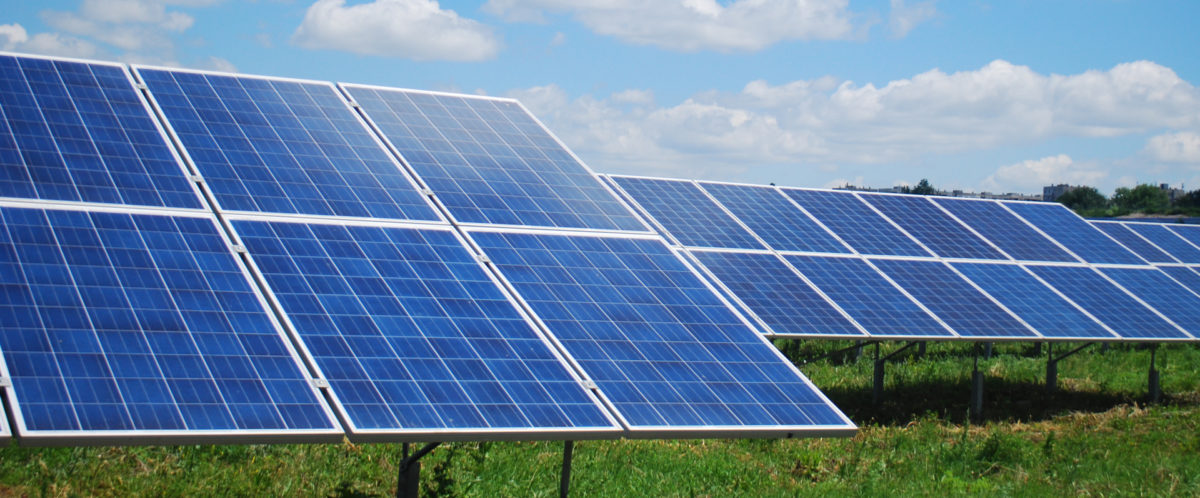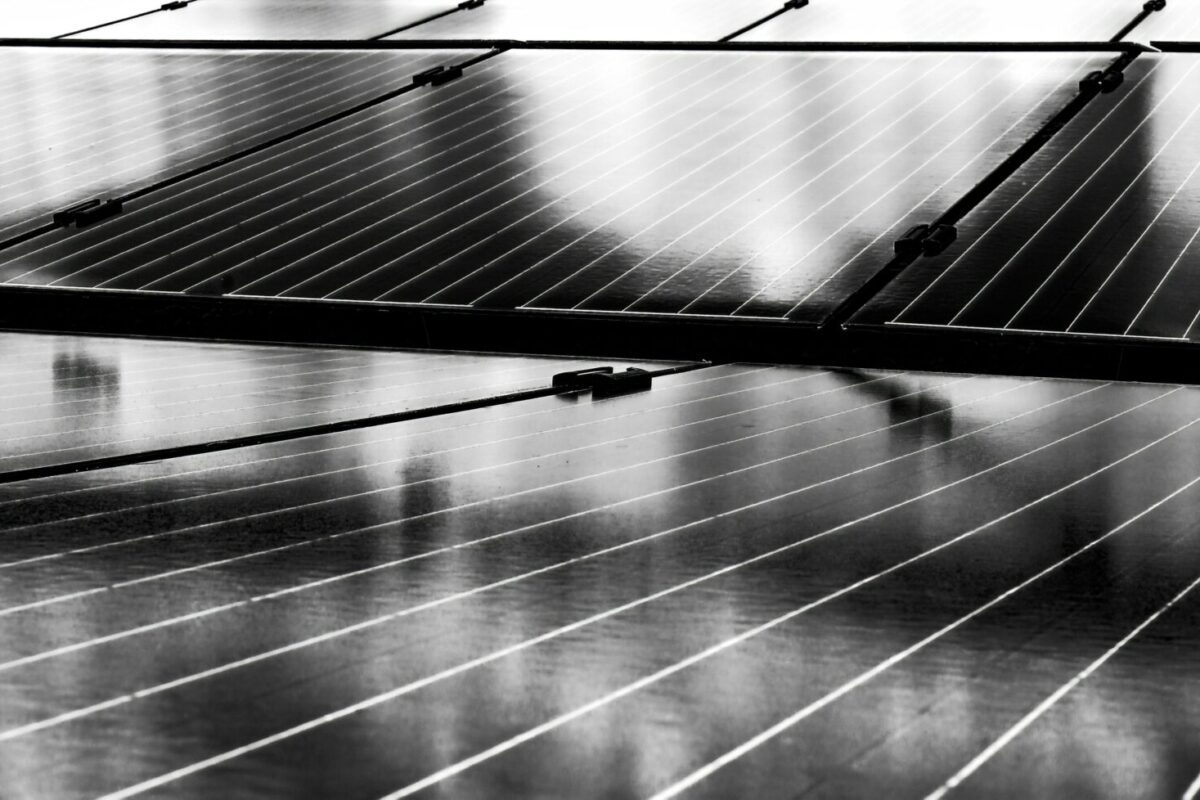With solar panel prices having been forced up last year by a shortage of input material polysilicon, and amid predictions the ethylene vinyl acetate used to encapsulate solar cells will be another supply chain bottleneck, the EU has imposed fresh trade duties on imports of steel products from India and Indonesia.
Raw material sourcing
The stainless steel, cold-rolled flat products affected – described as “essential for … energy equipment” by the European Commission on Wednesday – will suffer anti-subsidy duties of 21%, for Indonesian goods, and 7.5% for supplies from India.
Those levies will come on top of anti-dumping duties of 13.9-35.3%, for Indian products, and 10.2-20.2% for their Indonesian equivalents, applied by the European Union since November.
The European Commission said it was taking action against cross-subsidization of the industry by China.
The EU executive said, when Indonesia decided it wanted to create domestic demand for the nickel ore it produces in large quantities – rather than simply exporting the stainless steel raw material – it needed cheap Chinese finance, provided under the latter's continent-spanning, One Belt, One Road infrastructure drive.
In return for cheap credit, the commission said, China received bargain price nickel ore which resulted in a double whammy for European steelmakers faced with cheap Chinese imports and lack of access to Indonesian nickel ore thanks to export restrictions imposed in the latter country.
This content is protected by copyright and may not be reused. If you want to cooperate with us and would like to reuse some of our content, please contact: editors@pv-magazine.com.




1 comment
By submitting this form you agree to pv magazine using your data for the purposes of publishing your comment.
Your personal data will only be disclosed or otherwise transmitted to third parties for the purposes of spam filtering or if this is necessary for technical maintenance of the website. Any other transfer to third parties will not take place unless this is justified on the basis of applicable data protection regulations or if pv magazine is legally obliged to do so.
You may revoke this consent at any time with effect for the future, in which case your personal data will be deleted immediately. Otherwise, your data will be deleted if pv magazine has processed your request or the purpose of data storage is fulfilled.
Further information on data privacy can be found in our Data Protection Policy.